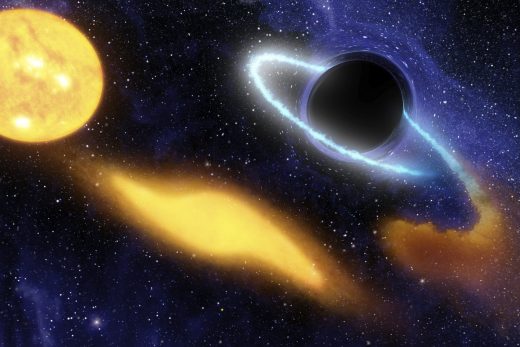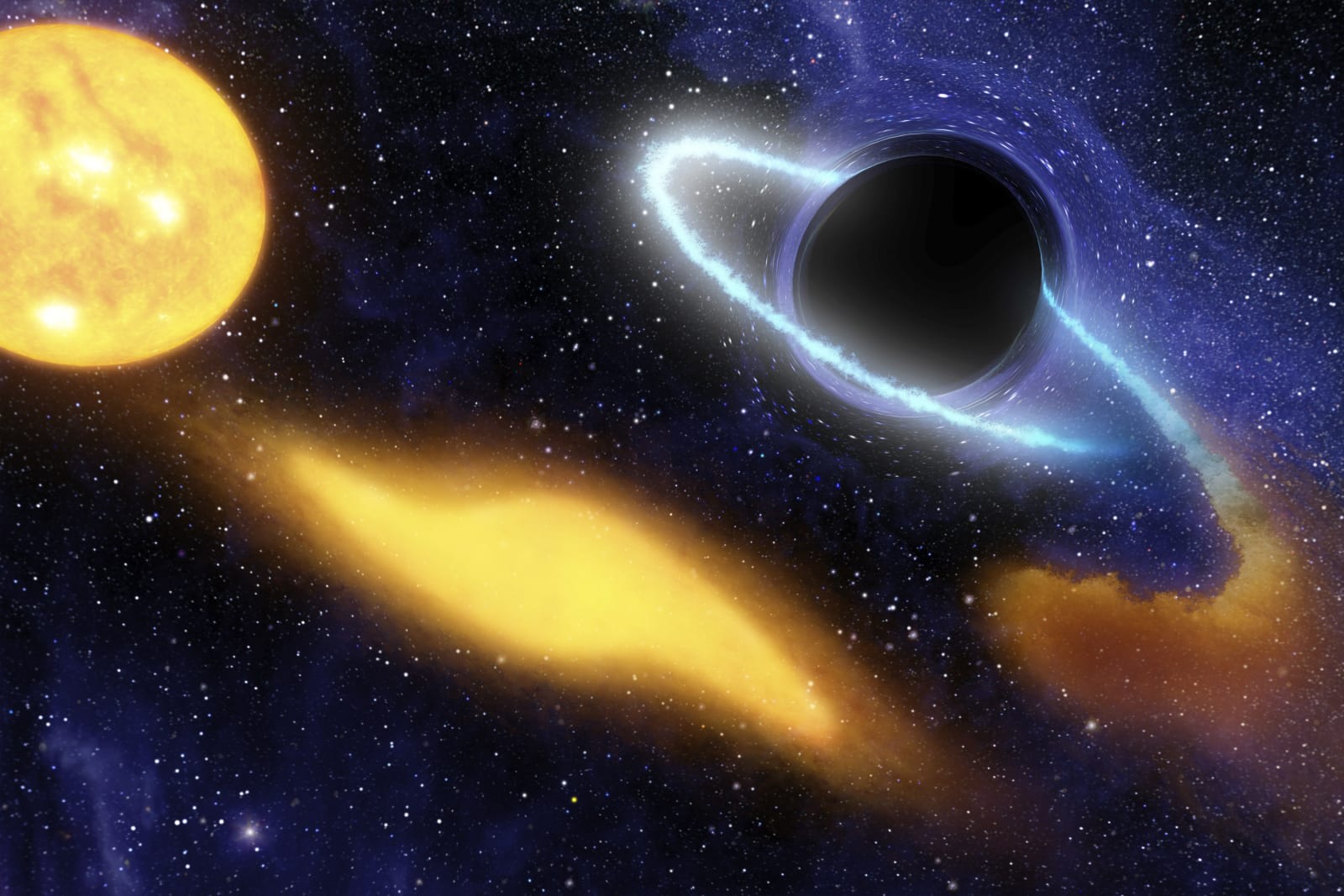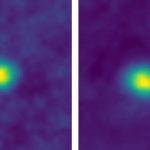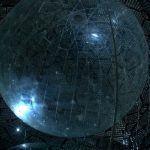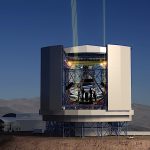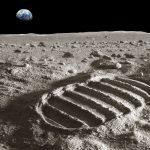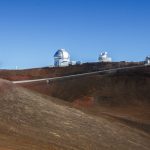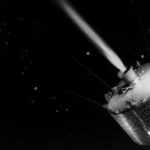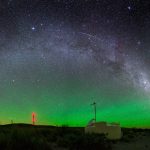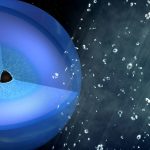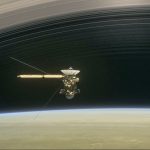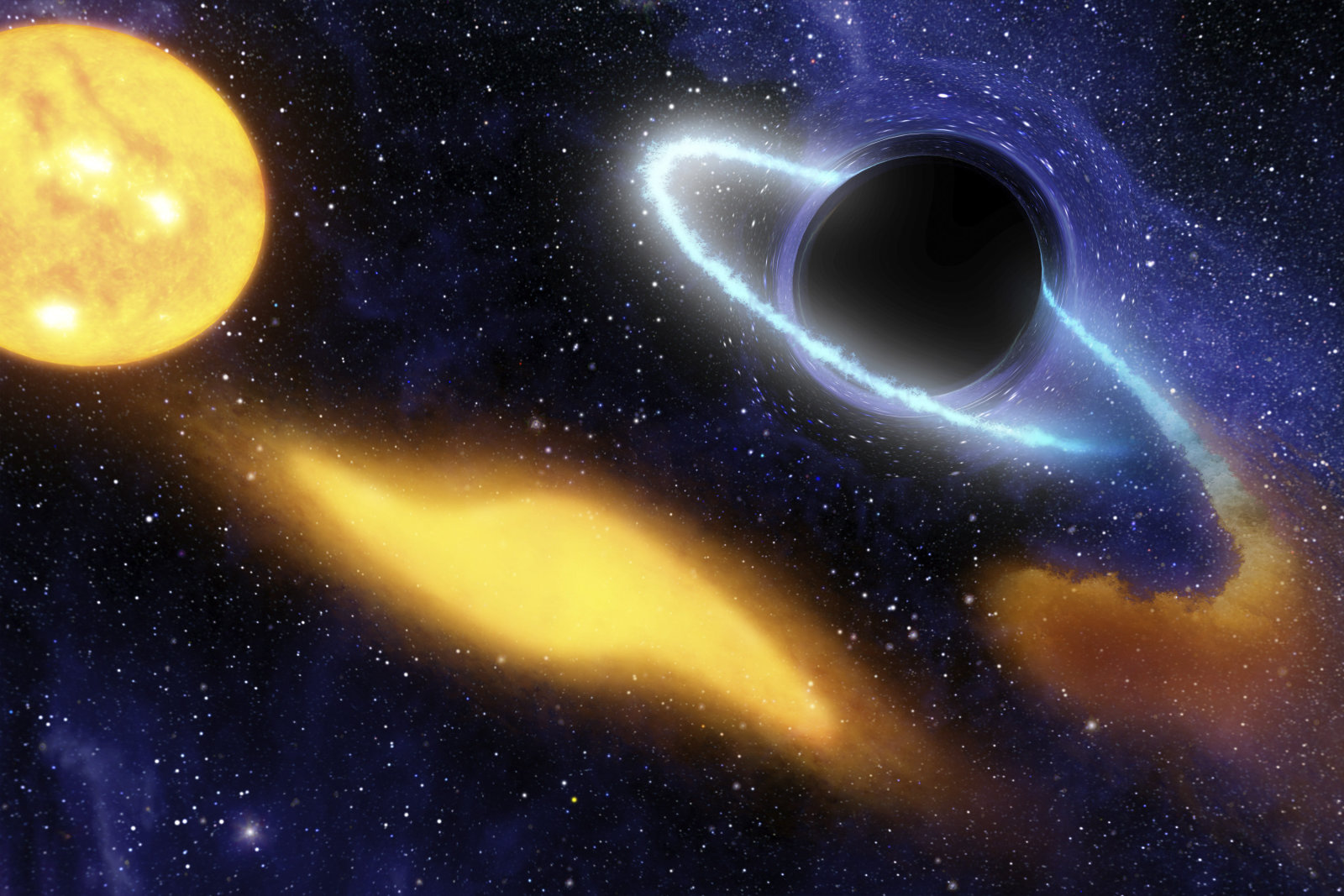Black hole detection is becoming much easier
It’s still relatively difficult to spot black holes (after all, they trap light), but it may be relatively commonplace in the near future. An international team of researchers has developed a detection technique that should identify a more frequent 10 black holes per year. By using radio telescopes to capture multiple snapshots of gravitational microlensing events (where objects like black holes bend light), you can obtain details like distance, mass and velocity for subjects you can’t easily study using visible light.
If the approach works as promised, it could help astronomers make up for lost time in a big way. The University of Waterloo claims that it could double the list of known black holes within 2 years, and that it could fundamentally change our understanding of black hole history within 10 years. Scientists could study the nature of black holes as a broader group, rather than focusing on individual examples. While there’s no guarantee of meeting that goal, even a modest increase in the black hole detection rate could significantly improve our understanding of the universe.
(25)

